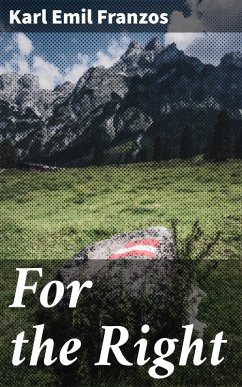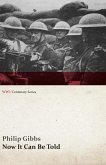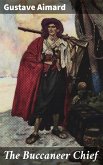In "For the Right," Karl Emil Franzos skillfully weaves a compelling narrative that intertwines themes of justice, identity, and moral conflict within the rich tapestry of 19th-century Europe. Written with a keen psychological insight and a distinctive realism that characterizes Franzos'Äôs style, this novel immerses readers in the life of its complex protagonist who grapples with societal expectations and personal convictions. The prose is marked by vivid descriptions and emotional depth, reflecting the socio-political landscape of the time and offering a poignant commentary on the struggles between individual rights and communal obligations. Karl Emil Franzos, a pivotal figure in the Austrian literary scene, was deeply influenced by his Jewish heritage and the tumultuous historical events surrounding him, including the rise of nationalism and anti-Semitism. His experiences as a writer navigating the intricate dynamics of culture and identity in a fragmented society profoundly shaped his literary voice. "For the Right" emerges from this context, embodying not only personal introspection but also a broader dialogue about ethical dilemmas faced by individuals in a changing world. This novel is highly recommended for readers interested in profound character studies and the socio-political undercurrents of 19th-century literature. Franzos'Äôs exploration of moral integrity and societal pressures invites reflection on contemporary issues of justice and belonging, making it a timeless read for those who seek to understand the complexities of human nature and the pursuit of righteousness.
Dieser Download kann aus rechtlichen Gründen nur mit Rechnungsadresse in A, B, BG, CY, CZ, D, DK, EW, E, FIN, F, GR, H, IRL, I, LT, L, LR, M, NL, PL, P, R, S, SLO, SK ausgeliefert werden.









